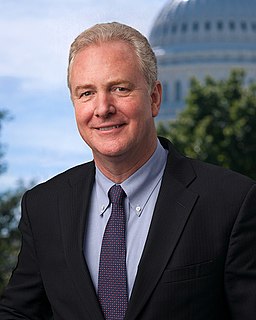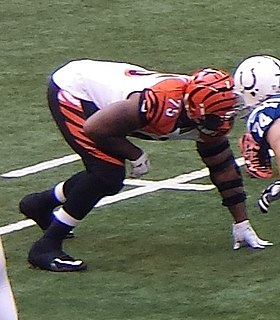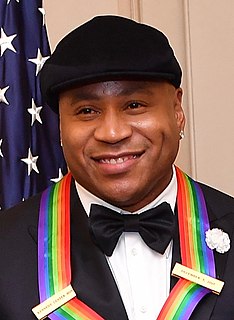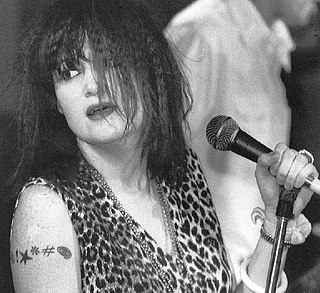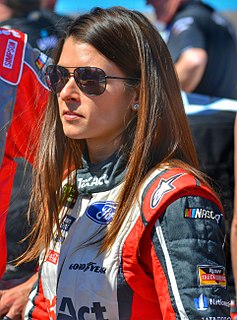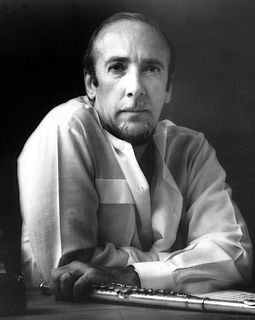A Quote by Randy Pausch
It's hard to raise awareness of pancreatic cancer - people who get it don't live long enough.
Related Quotes
When people get cancer now, the first thing you do is you go to some doctors to get some advice, figure out what to do. People live a long long life after a cancer diagnosis. Not that it's not scary. The people I know have done so many stupid things. And they're still alive. Just being alive at this point is kind of icing on the cake.
You've got to get away from the idea cancer is a disease to be cured. It's not a disease really. The cancer cell is your own body, your own cells, just misbehaving and going a bit wrong, and you don't have to cure cancer. You don't have to get rid of all those cells. Most people have cancer cells swirling around inside them all the time and mostly they don't do any harm, so what we want to do is prevent the cancer from gaining control. We just want to keep it in check for long enough that people die of something else.
It's not enough to raise awareness. You have to give people solutions, and you have to invite them to get involved in whatever way they can, whether that's doing volunteer work or taking a portion of their salary and figuring out where they want that money to go. You have to find ways to inspire people to get involved.


